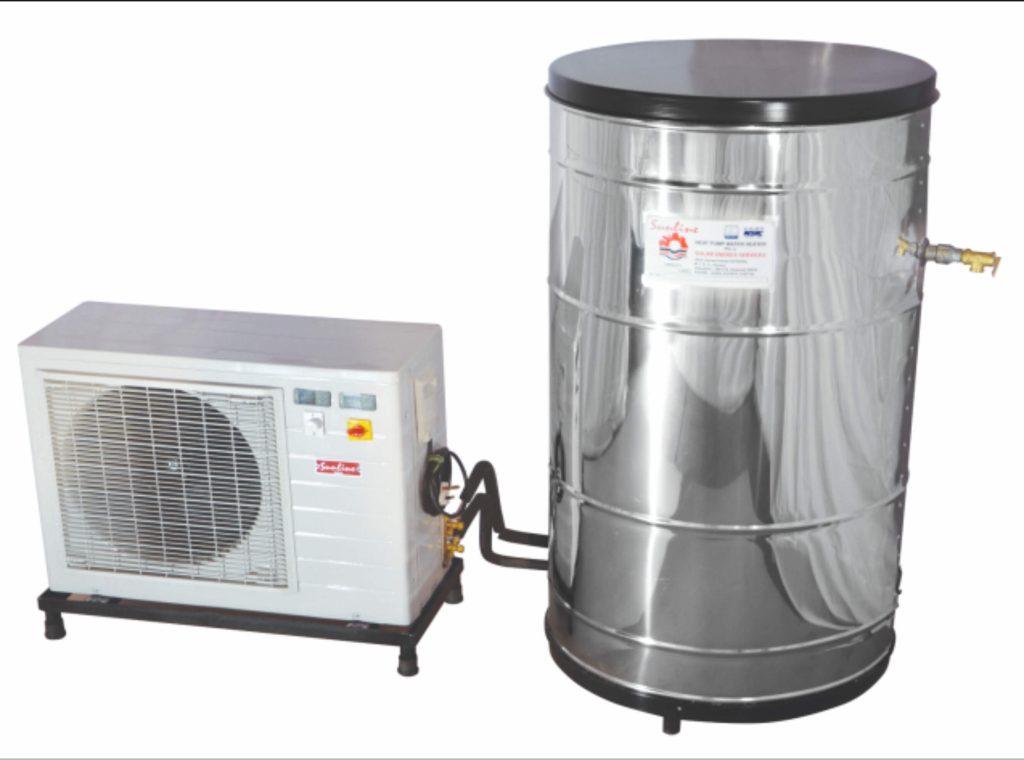In today’s eco-conscious world, energy-efficient hot water heaters represent a crucial advancement in both technology and sustainability. Traditional water heaters consume significant amounts of energy, often accounting for up to 18% of a household’s energy use. In contrast, energy-efficient models, such as heat pump water heaters, tankless water heaters, and solar water heaters, offer substantial savings on utility bills while reducing the environmental impact. Heat pump water heaters work by transferring heat from the air or ground to heat the water, using electricity more efficiently than conventional electric resistance models. They can be two to three times more energy-efficient than traditional water heaters, leading to lower energy consumption and reduced greenhouse gas emissions. Tankless water heaters, on the other hand, provide hot water on demand, eliminating the need for a storage tank and the energy losses associated with maintaining a large volume of hot water. These units heat water only when it is needed, which can result in significant energy savings, especially in homes where hot water usage is sporadic.

Solar water heaters harness energy from the sun to heat water, representing one of the most environmentally friendly options available. These systems can be highly efficient, especially in sunny climates, reducing reliance on fossil fuels and cutting down on energy bills. Although the initial installation cost can be high, the long-term savings and potential incentives from government programs make them an attractive investment. Adopting an energy-efficient hot water heater not only reduces energy consumption and water heater companies utility bills but also contributes to a reduction in carbon footprint. As governments and organizations worldwide push for greener policies and practices, consumers are increasingly incentivized to switch to more sustainable options. Rebates, tax credits, and financing options are often available to offset the initial costs of these advanced systems, making them more accessible to a wider range of consumers. Moreover, the technological advancements in energy-efficient water heaters have improved their reliability and lifespan.
Modern units are designed with better insulation, advanced thermostats, and smart technology that can be monitored and controlled remotely. This integration of smart home technology allows users to optimize their hot water usage, further enhancing energy savings and convenience. From an environmental perspective, the widespread adoption of energy-efficient hot water heaters can lead to significant reductions in national and global energy demand. This decrease in energy consumption translates to fewer greenhouse gas emissions and less strain on natural resources. In the long run, this contributes to the mitigation of climate change and supports the global effort to transition towards more sustainable energy practices. Energy-efficient Jnod hot water heaters are a smart choice for homeowners looking to save money and reduce their environmental impact. By investing in advanced technologies like heat pump, tankless and solar water heaters, individuals can enjoy the benefits of lower energy bills, improved system reliability, and a smaller carbon footprint.
